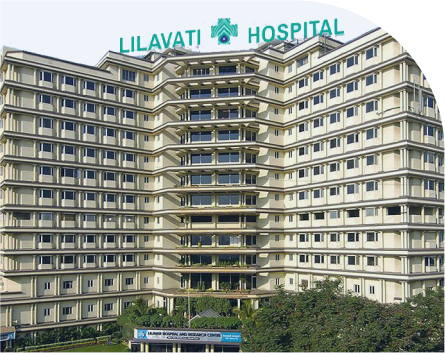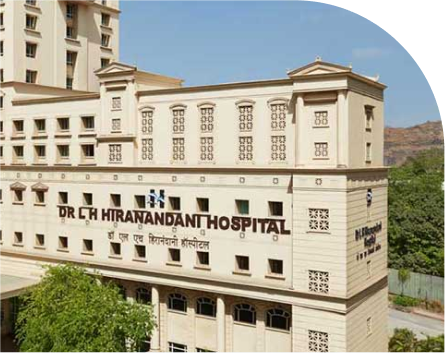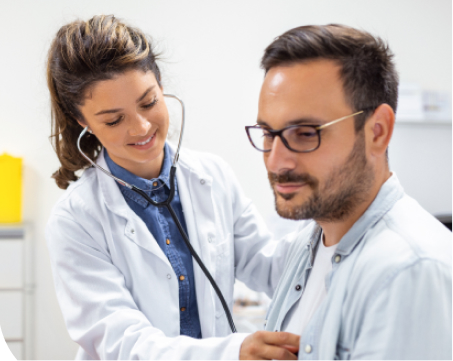

Stomach pain is a common ailment that many of us experience from time to time. While most instances of stomach pain are harmless and often related to minor digestive issues, persistent or severe pain should not be ignored. It could be a sign of a more serious condition, such as stomach cancer. Understanding the causes of stomach pain and when to seek medical advice is crucial for maintaining good health.
Stomach cancer, also known as gastric cancer, develops when malignant cells form in the lining of the stomach. It often starts in the mucus-producing cells of the stomach lining and can grow slowly over the years. Early stages of stomach cancer may not show symptoms, which makes regular health check-ups important for timely diagnosis.
While stomach pain is one of the symptoms of stomach cancer, other signs should not be overlooked. These include:
If you or someone you know experiences these symptoms for an extended period, consulting a specialist is vital.
When it comes to treating stomach cancer, a multidisciplinary approach is often recommended. Depending on the stage and location of the tumor, the treatment plan may include:
Each patient’s treatment plan is personalized, taking into account the tumor’s size, location, and stage, as well as the patient’s overall health and preferences.
One of the most critical factors in successfully treating stomach cancer is early detection. When diagnosed in its initial stages, stomach cancer is more manageable, and the chances of recovery are significantly higher. Regular health check-ups, endoscopic procedures, and imaging tests can help detect abnormalities early.
A healthy diet and lifestyle are crucial in preventing stomach cancer and aiding recovery during treatment. Here are some practical tips:
A diagnosis of stomach cancer can be overwhelming, but support is available. Along with medical treatments, mental and emotional well-being is essential for recovery. Here are some coping strategies:
Advancements in medical science have made stomach cancer treatment more effective than ever. By adopting a proactive approach, maintaining a healthy lifestyle, and seeking medical advice promptly, the outlook for individuals diagnosed with stomach cancer continues to improve.
Remember, not all stomach pain is cancer-related, but persistent or unusual symptoms should never be ignored. Early action and informed choices can make all the difference. Let’s work together to spread awareness about stomach cancer and prioritize health for a better future.

Stay up-to-date with the latest developments in cancer research, treatment, and patient stories through our curated collection of cancer blogs and news articles. From breakthrough discoveries to inspiring survivor journeys.
Discover first hand accounts from patients who have experienced compassionate care and expert treatment at our clinic. Read their reviews to get to know their journey.
5 Out of 5 from 92 Reviews
“Two years back had my father's major Liver surgery done by Doctor Deepak Chhabra, right now he is absolutely fit and fine. As a Doctor he is very well mannered calm & easily understand the condition of the patient. He use to explain comprehensively about the infection and procedure of surgery and its pros and cons. Respectful Doctor in the field of Oncosurgery/Surgical Oncology in mumbai. Recommended doctor by some of the best Cancer Doctors & Medical Oncologist in Mumbai."
“My mother was diagnosed of colon cancer, and I was recommended to see Dr Deepak Chhabra for consultation. The first impression of Dr Chhabra was… he is so young! But after consulting him we realized his level of experience and there was a sense of confidence he spilt over us.We knew we could trust him."
“Dr Chhabra is a highly experienced surgeon. He had done the treatment for my mother who was diagnosed with breast cancer. He is very patient and understanding and handles his patients with lots of care. I highly recommend him for any sort of medical advice or surgery."
“I,myself preferred Lilavati & then I chose Dr.Deepak Sir. I feel so blessed to know u & have u as my doctor. Any doctor can prescribe, but only a few good ones can really impress. I can vouch for the fact that ur abilities r unmatched & U’ve gone above & beyond everything I ever would’ve expected. The world would be a much better place if all of the doctors/peoples were like u! U & the staff has been really awesome & thanks for everything."






Consultation can be done by :